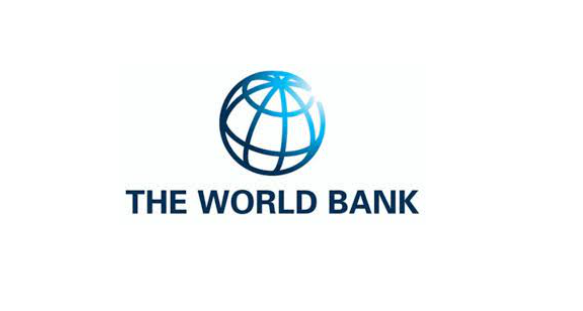
Taxation is essential to any country’s economy. It contributes significantly to a country’s economic growth by funding important public services, infrastructure development, and social welfare programs. In Kenya, the World Bank has been an important partner in developing taxes policies and reforms aimed at fostering long-term economic development. This blog article will look into details the World Bank’s enormous impact on Kenyan taxation and how it has contributed to the country’s economic change.
Historical Context: World Bank’s Engagement with Kenya.
The World Bank has a long history of partnership with Kenya, stretching back to the country’s inception. This collaboration has mostly addressed critical development concerns such as poverty reduction, infrastructure development, and economic stability. Tax reform in the taxation sector through Kenya Revenue Authority has been a significant area of collaboration.
Policy Advice and Technical Assistance.
In the field of taxation, the World Bank has offered essential policy advice and technical help to Kenya. The World Bank has assisted the Kenyan government in developing and implementing tax policies that are efficient, equitable, and conducive to economic growth through a variety of programs and projects. Some of these programs include:
- Tax Policy Reforms: The World Bank has played an important role in assisting Kenya on tax policy improvements. This includes advice on how to simplify tax systems, broaden the tax base, and improve tax collection mechanisms.
- Capability Building: The World Bank has offered technical support to Kenya to increase its tax administration capability. This includes educating tax authorities and implementing cutting-edge tax collecting technology to improve efficiency and prevent tax evasion.
Improving Revenue Mobilization.
One of the main goals of the World Bank’s involvement in Kenyan taxation has been to assist the government in increasing revenue mobilization. This extra cash can be invested in vital sectors such as education, healthcare, and infrastructure.
Boosting Tax Collection: The World Bank has sponsored programs in Kenya aimed at boosting tax collection. This has resulted in increasing revenue creation, lowering the country’s reliance on foreign aid and loans.
Reducing Tax Evasion: The World Bank has assisted Kenya in combating tax evasion and increasing taxpayer compliance through capacity building and the implementation of modern tax collection systems.
Promoting Economic Growth and Development
The World Bank’s influence on Kenyan taxation has not only led to increased revenue but has also contributed to overall economic growth and development.
Investor Confidence: The World Bank’s advice on stable and predictable tax policy has enhanced investment confidence in Kenya. As a result, there has been an increase in foreign direct investment and employment creation.
Poverty Reduction: The additional revenue generated by improved taxation has been funneled into social welfare programs, thereby helping to the elimination of poverty and the improvement of Kenyan citizens’ living conditions.
Challenges and Criticisms.
While the World Bank’s influence on Kenyan taxation has been mostly good, there have been some issues and concerns that spark reaction among Kenyans. Some claim that World Bank-influenced tax policies may disproportionately burden low-income individuals and small firms. Furthermore, ongoing vigilance is required to guarantee that tax funds are spent efficiently and transparently for the benefit of all Kenyan people.
Conclusion.
The World Bank’s engagement in Kenyan taxation has shaped the country’s economic landscape. The World Bank has assisted Kenya in increasing tax mobilization, promoting economic growth, and reducing poverty through policy advice, technical support, and capacity building. While issues remain, the World Bank’s overall impact on Kenyan taxation demonstrates the constructive role that foreign organizations may play in helping governments’ development ambitions. As Kenya strives for economic growth, its relationship with the World Bank in taxes remains a critical component of its development goal.

